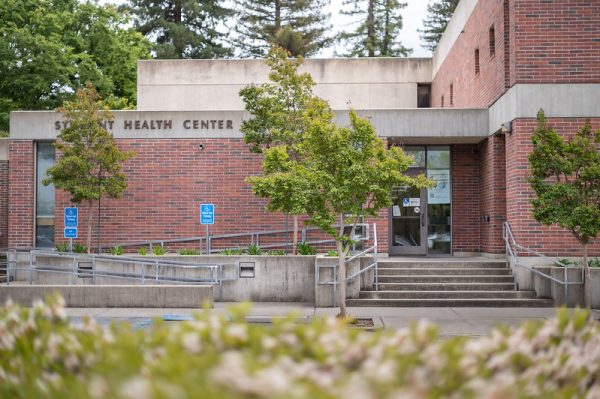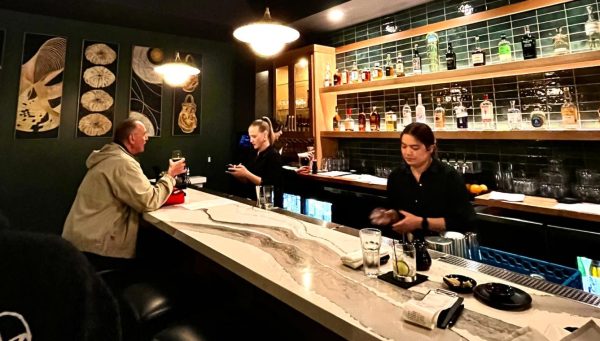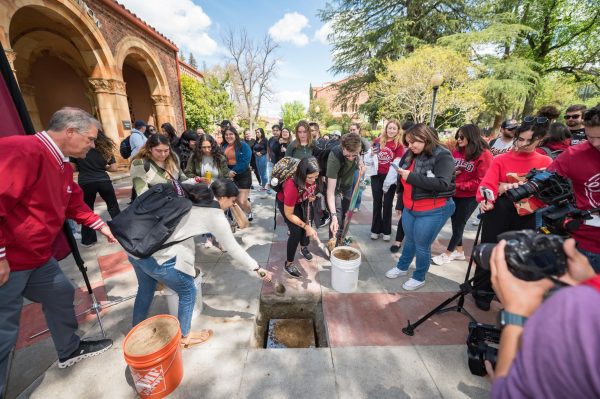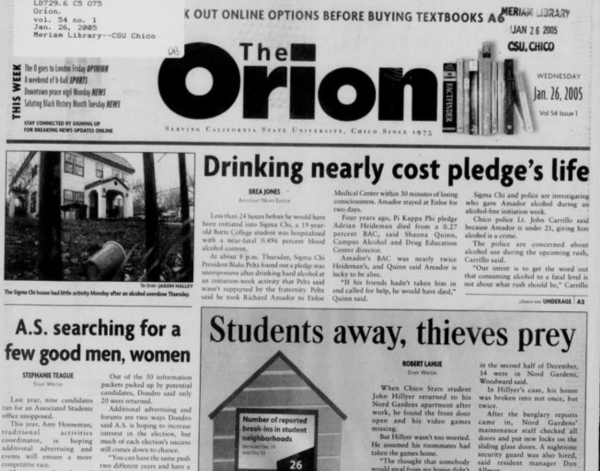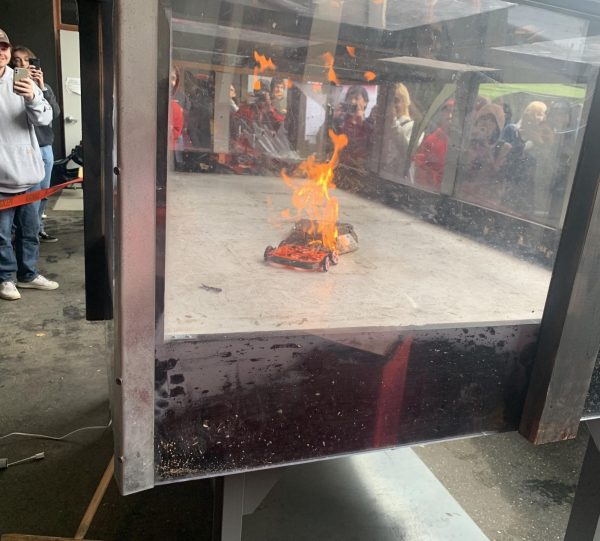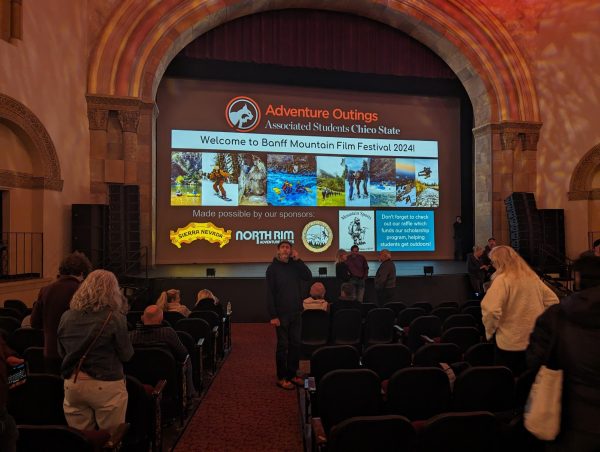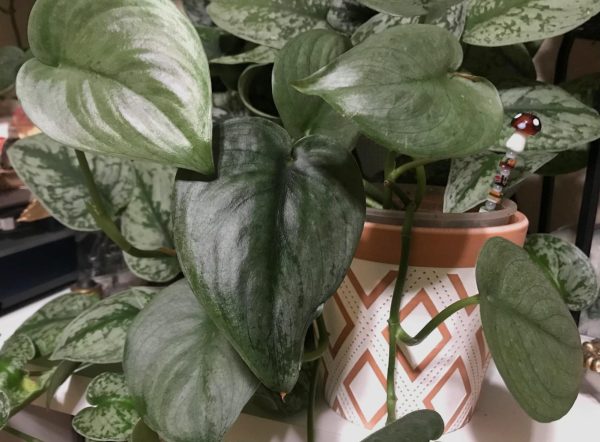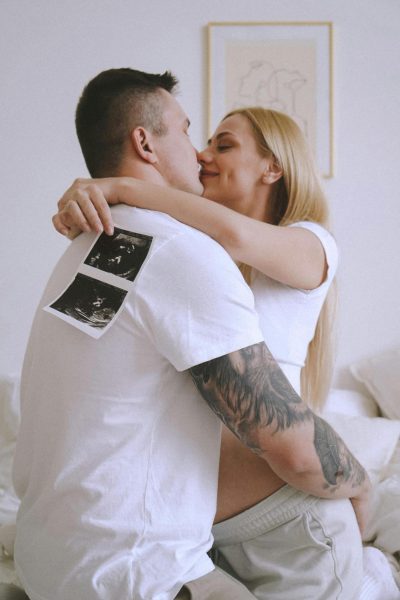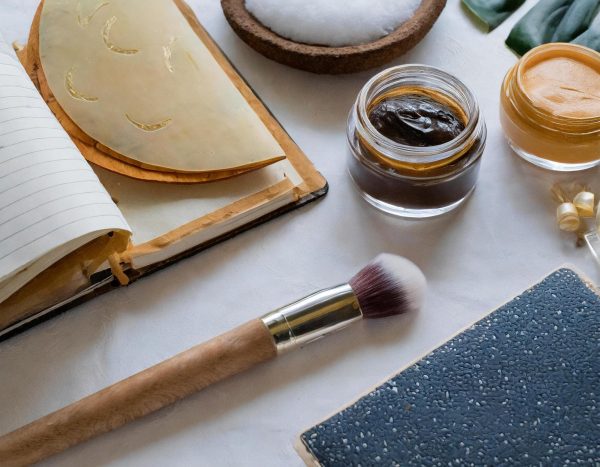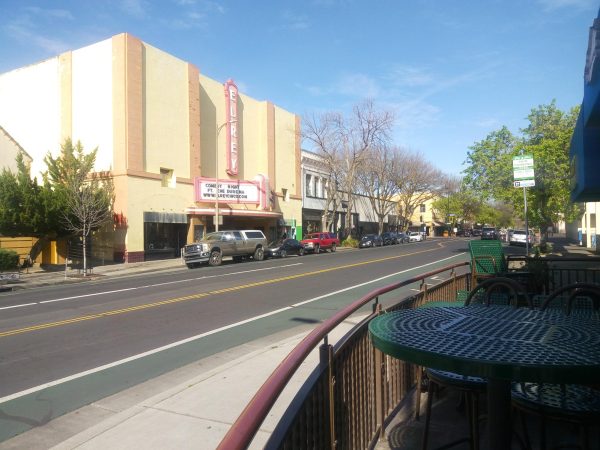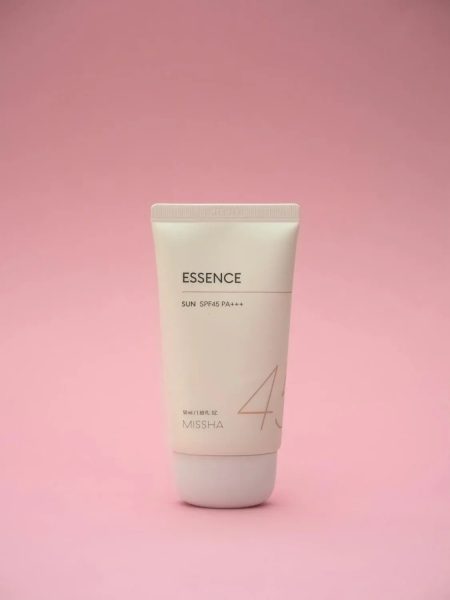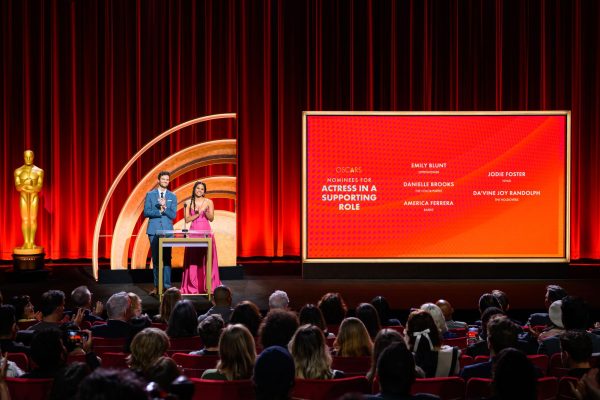Battling a culture of Harvey Weinsteins
The #Metoo campaign exploded on social media recently in response to the sexual assault allegations against Harvey Weinstein.
As more and more actresses and well-known women come forward against Weinstein, thousands of users have taken to social media to retweet or repost the tag #MeToo, started by actress Alyssa Milano.
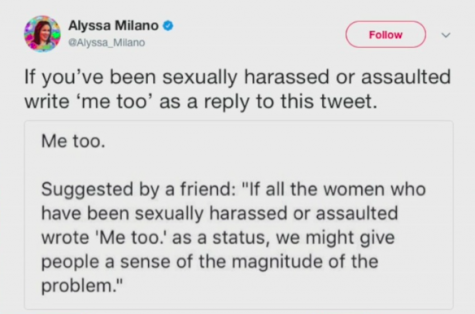
She tweeted, “If all women who have been sexually harassed or assaulted wrote ‘Me too’ as a status, we might give everyone a sense of the magnitude of the problem.”
The tag’s purpose is stated to give a voice to anyone who has experienced sexual assault or harassment and draw attention to the magnitude of the problem of sexual assault. As of Monday, over six million Facebook users had shared the status.
It is doubtful that this will change anything, but it can provide a sense of community. I have my own qualms about relying on a brief shared sentence to voice a painful trauma on social media. But if it gives survivors a sense of support online, it is beneficial. Because many of us know a Harvey Weinstein.
People often react in shock and disbelief when you mention the 1-in-4 statistic, but if that is considered an unbelievable number, how much more frightening is it if I say that most women I have known have experienced some form of sexual harassment or abuse? Meanwhile, only 344 out of every 1,000 of these crimes are ever reported.
Anyone who says this comes out of the irresponsibility of a survivor who “should know better” than to keep silent does not understand the unspeakable pain of admitting to unwanted harassment, assault or rape.
It is inexplicable how many women live their lives building deeply destructive guilt by insinuating the fault of the victim and emphasizing “protection” through modesty.
Mayim Bialik’s op-ed in the NY Times demonstrated an all-too-familiar sentiment, as she argued that because of not looking like one of the “young girls with doe eyes and pouty lips who spoke in a high register” and never flirting, she has hardly experienced sexual harassment as an actress.
She continually mentions how modest she dresses, the implication being that her carefulness to not be “too” dressed or “care too much” about how she looks has “protected” her from unwanted advances.
She has since apologized, but these are things women hear their whole lives. It is appalling what women can do to other women, and cover for the most insidious of men, with the merest implications of guilt. Victim blaming from another woman holds a particular toxic power of silence because we are told every day our appearances determine what happens to us.
A victim is never to blame for sexual assault, ever.
If people are still somehow shocked at the number of women coming forward, then maybe they should open their eyes to the many women are that are participating in the #metoo campaign and see what’s going on around them.
Men in positions of great power like Harvey Weinstein know that they can get away with their crimes. The fact that our country elected someone who boasted of this very power says something about the culture we live in. Our society enables these men.
While #MeToo provides a voice and a community for survivors, it may not change any minds of those still in denial of the problem and the culture creating it. The truth is that any time we ask what they were wearing, how they were acting or put a man’s career or life ahead of the person who he has violated we enable this to happen again.
#MeToo is a start for those who need a voice in this culture, but the real challenge is actually trying to change the culture itself. Many of us know a Harvey Weinstein. It’s time to take responsibility for the ugly infrastructures that enable men like him, and teach the men in our lives how to treat women.
Natalie Hanson can be reached at [email protected] or @NatalieH_Orion on Twitter.
